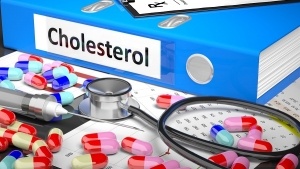Toxic Polysorbate 80 Found in Most Vaccines
Unbelievably, Polysorbate 80 is found in many vaccines that are mandated not only for our children but for adults as well. Perhaps we are seeing an epidemic of childhood illnesses because of the overload of toxic products found in vaccines. Section 11 of the Material Safety Data Sheet for polysorbate 80 states, “May cause reproductive effects based on animal test data. No human data found. May cause cancer based on animal test data. No human data found. May affect genetic material (mutagenic).” Once injected, polysorbate 80 can break down into sorbitol and ethylene oxide. Sorbitol, according to the National Institutes of Health (NIH) is not to be injected (under drug warnings). The Centers for Disease Control and Prevention (CDC) have found evidence of carcinogenicity (promoting cancer) with ethylene oxide exposure. Ethylene oxide is associated with reproductive effects in mammals as well as leukemia in female rats and malignant tumors in male rats. Is it safe to inject any human, much less a baby, with either polysorbate 20 or 80? No!





